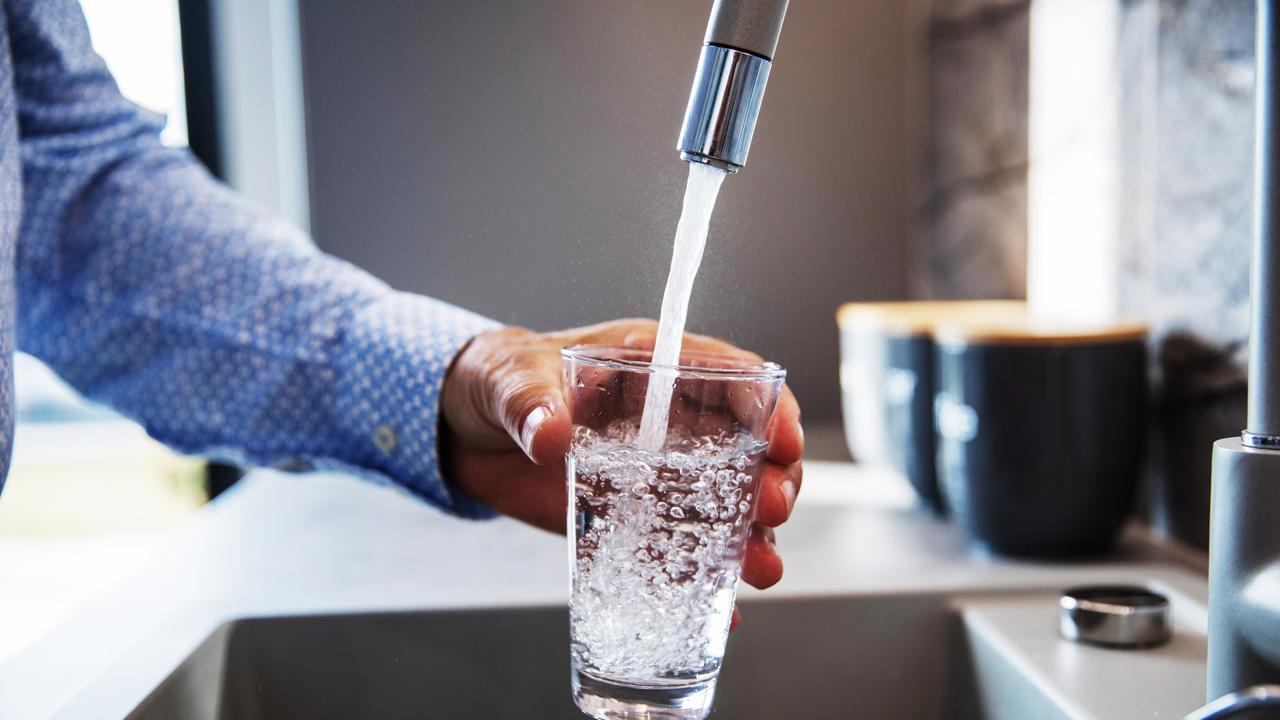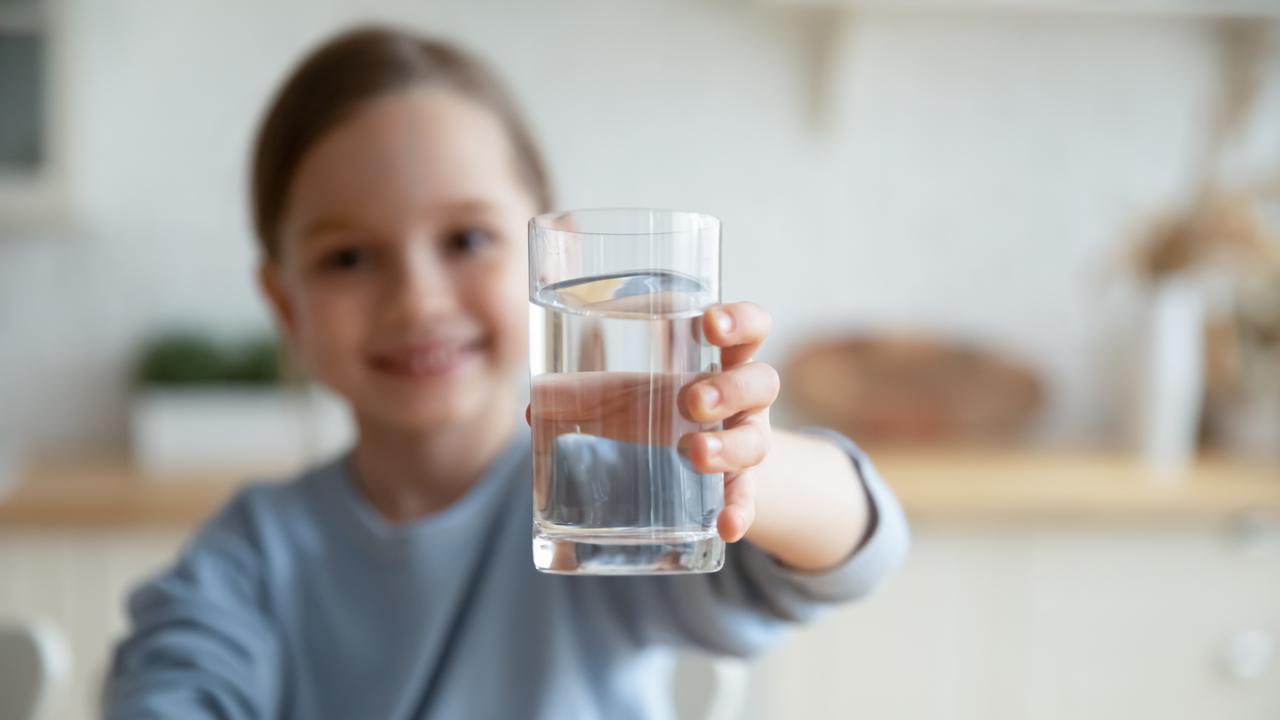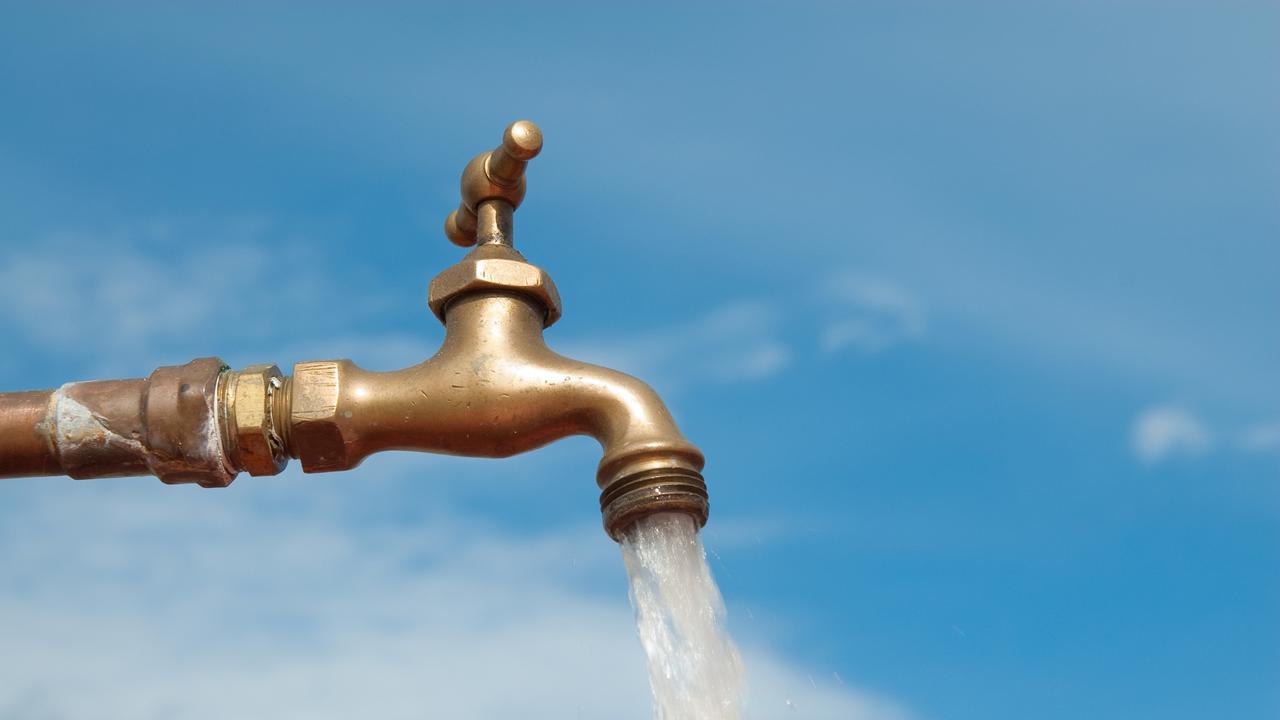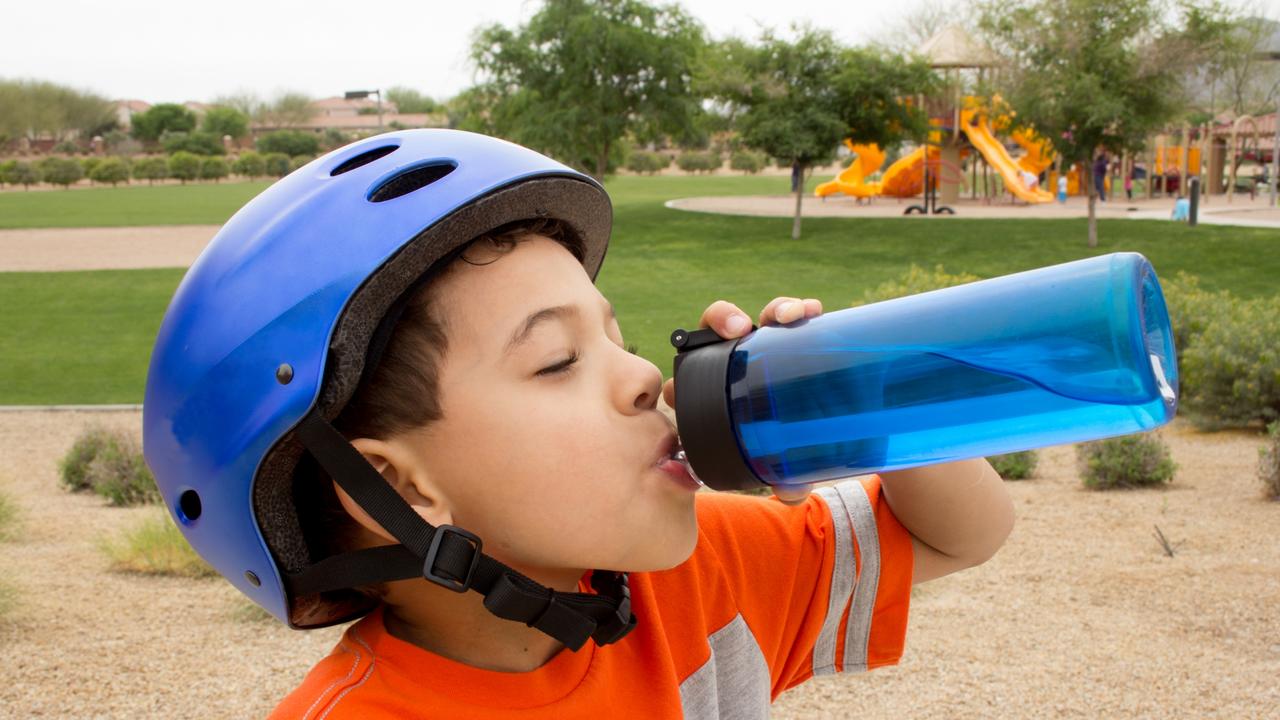Explainer: what is water intoxication and how common is it?
Most of us consume as much water as possible in the belief it is healthy. But the recent death of a woman from water toxicity has raised concerns. Here’s what you need to know.
Most of us believe drinking water is good for us, and aim to drink as much as possible.
But the case of US woman Ashley Summers, who died after drinking almost two litres of water, has prompted concerns and confusion about safe consumption levels.
The 35-year-old mum began to feel dehydrated and subsequently drank four bottles of water in 20 minutes.
A short time later, she was admitted to hospital, and later died from what doctors called water toxicity.
So, how much water should we be drinking and how do we prevent water intoxication?

WHAT IS WATER INTOXICATION?
According to Professor Karen Dwyer from Deakin University’s School of Medicine, water intoxication is a relatively newly recognised condition, characterised by the overconsumption of water.
“It leads to dilution of salts in the blood - in particular the sodium - which can fall to low levels,” Professor Dwyer said.
Water toxicity was first identified in athletes during endurance events, and has since been seen in marathon runners, where excessive fluid intake combined with sweating (and loss of sodium) leads to very low levels, she said.
“We do see hyponatremia (low sodium) commonly in other states - for example it can be related to medications, it can be seen in conditions with vomiting and diarrhoea, or it can be associated with head injury or stroke, or if there is an underlying liver, heart, or kidney disease,” Professor Dwyer said.
“In some cases, hyponatremia can be very mild and not cause symptoms. In other cases it can be profound and be life threatening.”

WHAT ARE THE SIGNS YOU HAVE CONSUMED TOO MUCH WATER?
“Water intoxication from drinking too much water can lead to a variety of symptoms ranging from anorexia, nausea and vomiting, fatigue, headache, and muscle cramps to altered mental status, agitation, seizures, and even coma,” Professor Dywer said.

HOW CAN WE DETERMINE THE RIGHT AMOUNT OF DAILY WATER CONSUMPTION?
“There is a myth that we need to drink eight glasses of water per day,” said Professor Dwyer.
“For most people though, the amount of fluid you need to drink should be guided by thirst. The exceptions to this are the very young and the very old.
“The amount of fluid that each person needs is highly variable. For example, living in a very hot climate, engaging in physical activity will increase water requirements.
“On the other hand, if you have certain medical conditions then the amount of water may need to be restricted.”
Professor Dwyer said a useful measure is how frequently you need to urinate.
“If your kidneys are working well, they will get rid of excess water. The kidney has a remarkable ability to concentrate water so if you are ‘getting dehydrated’ the kidney will concentrate the urine and send a message to the brain to drink more.”
Professor Dwyer said water is always the best choice when it comes to keeping well hydrated.

IS WATER INTOXICATION COMMON?
Low sodium or hyponatremia is the most common electrolyte abnormality in hospital, although it’s usually mild and often only evident due to blood tests. More serious episodes of hyponatremia are less common, said Professor Dwyer.
“Water intoxication statistics vary, with two major studies reporting an incidence ranging from 7 to 15 per cent, for both symptomatic and asymptomatic episodes,” she said.
“Water intoxication causing death is rare.”

WHO IS MOST AT RISK OF WATER INTOXICATION?
According to Professor Dwyer, water intoxication has been most widely reported in endurance sports participants.
“Of these, it is more likely in sports that will take longer, for example, in the marathon, rather than the elite athlete.”
More Coverage
Originally published as Explainer: what is water intoxication and how common is it?




